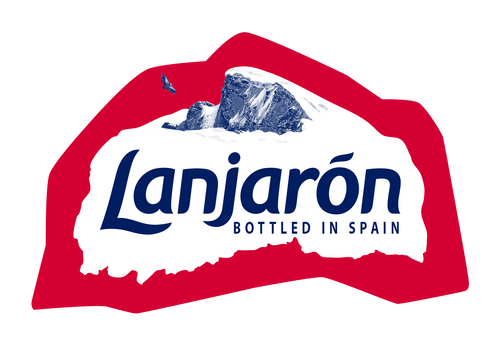Can The Type Of Water You Drink Protect You From Kidney Stones?

Most people are aware of the general health benefits of drinking natural mineral water, but few are aware of the fact that a high dietary intake of natural mineral water rich in Calcium and Magnesium could reduce the risk of calcium oxalate kidney stones formation.
Calcium oxalate kidney stone formation is one of the most common kinds of kidney stone conditions in the world. Particularly, the average oxalate/calcium ratio in the intestines of the Gulf populations is five to six times higher than that in Western populations, putting people in the Gulf as six times more likely to be at risk for Calcium Oxalate kidney stone formation according to a study published in the Arab Journal of Urology. Though kidney stone formation is a combination of risk factors involving water intake, diet choices, and genetic/medical probabilities, a clinical study published in the National Library of Medicine highlighted that natural mineral water containing calcium and magnesium reduces calcium oxalate urolithiasis risk factors in kidney stone formers.
The study sought to test whether the simultaneous combination of high fluid intake, magnesium ingestion, and increased dietary calcium could reduce the risk of calcium oxalate kidney stone formation, by exposing forty participants in the study to French natural mineral water containing calcium and magnesium, and French local tap water. The two types of water were used as comparison groups in the study because natural mineral water was proven to have generally higher levels of Calcium and Magnesium than local tap water. Twenty of the participants in the study were calcium oxalate stone-forming patients of each sex whilst the other twenty were healthy volunteers of each sex.
During the first round of the study, participants were made to consume only natural mineral water for three days and provided a 24-hour urine collection after ingestion of mineral water. After a suitable period of rest, the next round of the study involved participants drinking local tap water for three days, with urine collection being the same as the first round. Urine samples were also taken from participants when they were on their free diets (periods of the experiment where they neither drank local tap water or natural mineral water but were free to consume water of their choice).
The results of the study showed that several risk factors for the formation of Calcium Oxalate kidney stone formation were favorably altered by both the mineral water and the local tap water, but in the case of the natural mineral water, the positive effects were significantly higher. For example, the excretion of oxalate; relative supersaturation of calcium oxalate, brushite, and uric acid; calcium oxalate metastable limit; oxalate: magnesium ratio and oxalate: metastable limit ratio were much lower when participants drank the natural mineral water high in Calcium and Magnesium than tap water. Likewise, the consumption of natural mineral water produced favorable but unique changes in the excretion of citrate and magnesium as well as in the relative supersaturation of brushite, which the consumption of tap water did not achieve. Quite contrarily, tap water produced an unfavorable change in the magnesium excretion in the urine of the participants.
The reduced risks of Calcium Oxalate kidney stone formation were most beneficial for male stone formers in whom 9 risk factors were favorably altered by the natural mineral water protocol.
The study concluded that natural mineral water containing calcium and magnesium deserved to be considered as a possible therapeutic or prophylactic agent in calcium oxalate kidney stone disease. In that regard, our opinion is that there is great value in drinking natural mineral water high in Calcium and Magnesium like Lanjaron to prevent kidney stones. Lanjaron’s mineral composition is one perfectly and naturally crafted by the earth to maintain its pristine properties and drinkers would benefit if seeking to maintain a healthy life and healthy kidneys.
